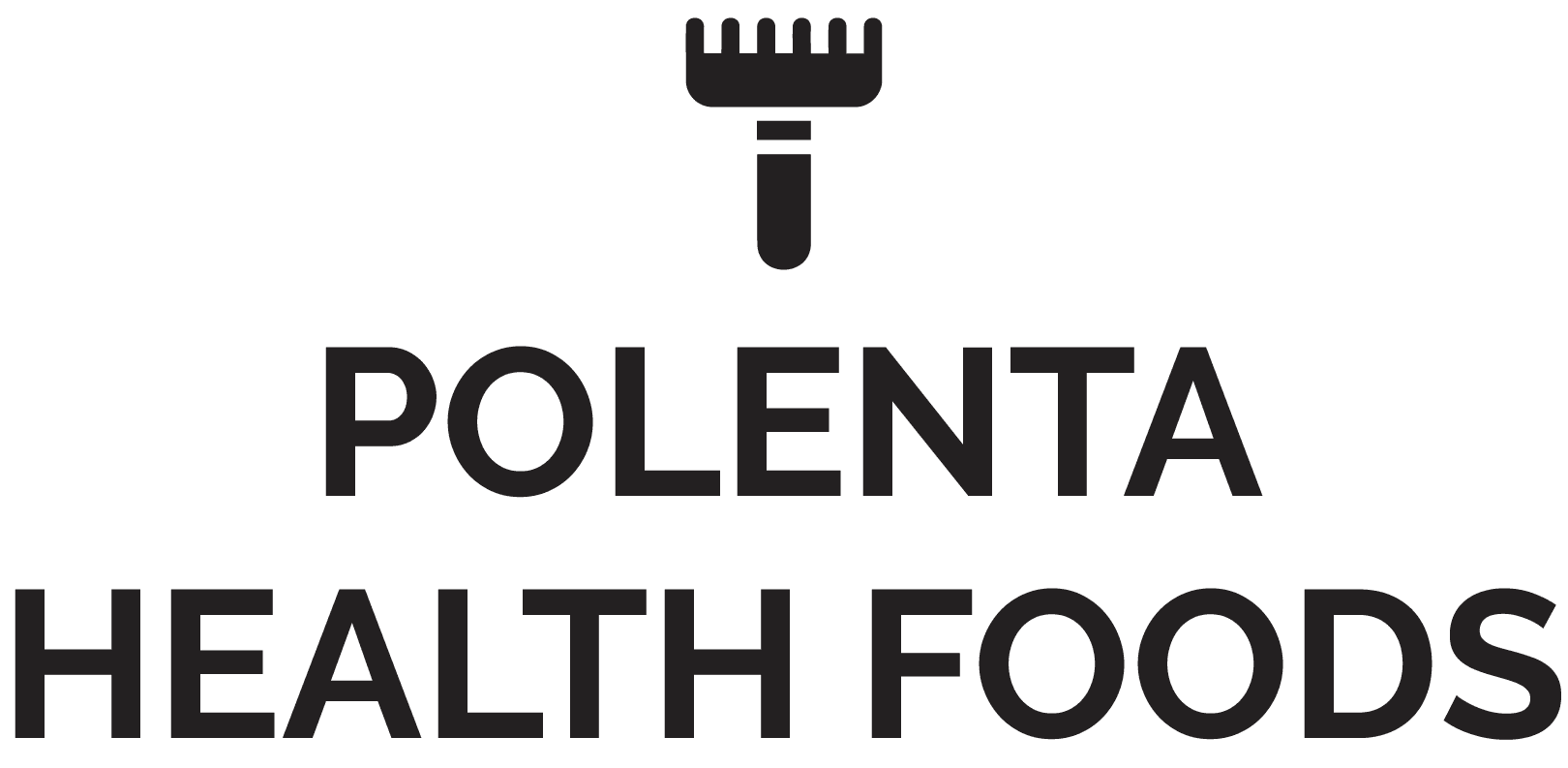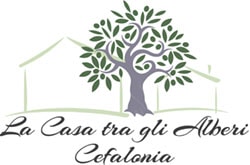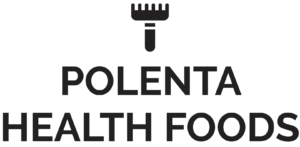FAQ Page
Frequently Asked Questions
Here is a list of our top asked questions about our products.
You can order our products online through our website or by contacting us directly. We offer shipping to many locations around the world.
Natural wine is best stored in a cool, dark place with a consistent temperature. Avoid storing it in direct sunlight or near a heat source. If you can’t finish a bottle within a few days, it is recommended to transfer the wine to a smaller container to minimize the amount of air the wine comes into contact with. This will help to preserve the quality and flavor of the wine.
Olive harvest refers to the process of gathering olives from an olive grove. Extra Virgin Olive oil is made by cold pressing fresh-picked olives without using any heat or chemicals and it is often preferred because of its more natural flavour and health benefits.
The first press produces lovely thick green Extra virgin Olive Oil or Virgin Olive Oil. The acidity levels determine if the first press oil is Extra Virgin or Virgin Olive Oil. You have to taste them to understand why they are different.
Extra virgin olive oil (EVOO) is often touted as the gold standard in terms of flavour and health benefits. Here are some of the qualities that make it special: EVOO is unrefined and cold-extracted, meaning it retains high levels of bioactive compounds with anti-inflammatory, antioxidant, and anti-microbial properties.
The oil’s colour ranges from green to gold, and its aroma can be anything from fresh and green to ripe and grassy. You can actually taste the difference in flavour depending on when it was harvested. Early-harvest oils will have a bold, peppery flavour, while later-harvest oils will be more mellow.
Regular olive oil is a blend of refined and virgin olive oils. The refining process removes impurities and improves the flavour of the oil. However, it also decreases the level of certain compounds that are beneficial for health.
While the refining process does reduce levels of certain compounds, regular olive oil still contains some health-boosting bioactive compounds. These oils are lighter in colour than extra-virgin olive oil and have a more neutral flavour and aroma.
Orange wine is wine made from white grapes that spend an extended period of time in contact with their grape skins. In modern wine making, white grapes are crushed and pressed away from their skins immediately so no color is imparted on the wine. With skin contact and oxidation, the wine takes on an amber/orange hue and thus is called orange wine. No, there are no actual oranges in orange wine.
Orange wines, generally, are natural wines. However, not all orange wine is natural wine and not all natural wine is orange wine. What does that mean? Natural wine makers adhere to a strict protocol with how they grow grapes and make wine. Natural wine makers have a hands-off approach to wine making and want the wines to do their thing on their own. It’s a philosophical approach, if not a lifestyle, for these wine makers. They are generally biodynamic, or at the very least organic. (In very laymen terms, biodynamic is to organic what vegan is to vegetarian).
Natural wines are made with minimum intervention. Wine makers add little to no sulfites, don’t use cultured yeast strains, and don’t use additives in their wines. They don’t use synthetic fertilizers, herbicides, or pesticides in their vineyards. Now, it is my personal opinion that there is nothing wrong with most of these. Don’t run off and only drink natural wines thinking non-natural wines are evil. Natural winemakers believe the true essence of the wine can only be achieved with as little human intervention as possible. Does that make sense?
For those not familiar with the term, natural wines are those produced with little to no intervention. Also, vineyards that practice organic farming methods don’t add any sulphites (mainly SO2 sulfur dioxide), and they don’t apply any yeast, stabilisers or enzymes as well. The trend goes hand in hand with the generalised tendency for customers to demand more natural and organic products, whether it be food or other consumer products.








